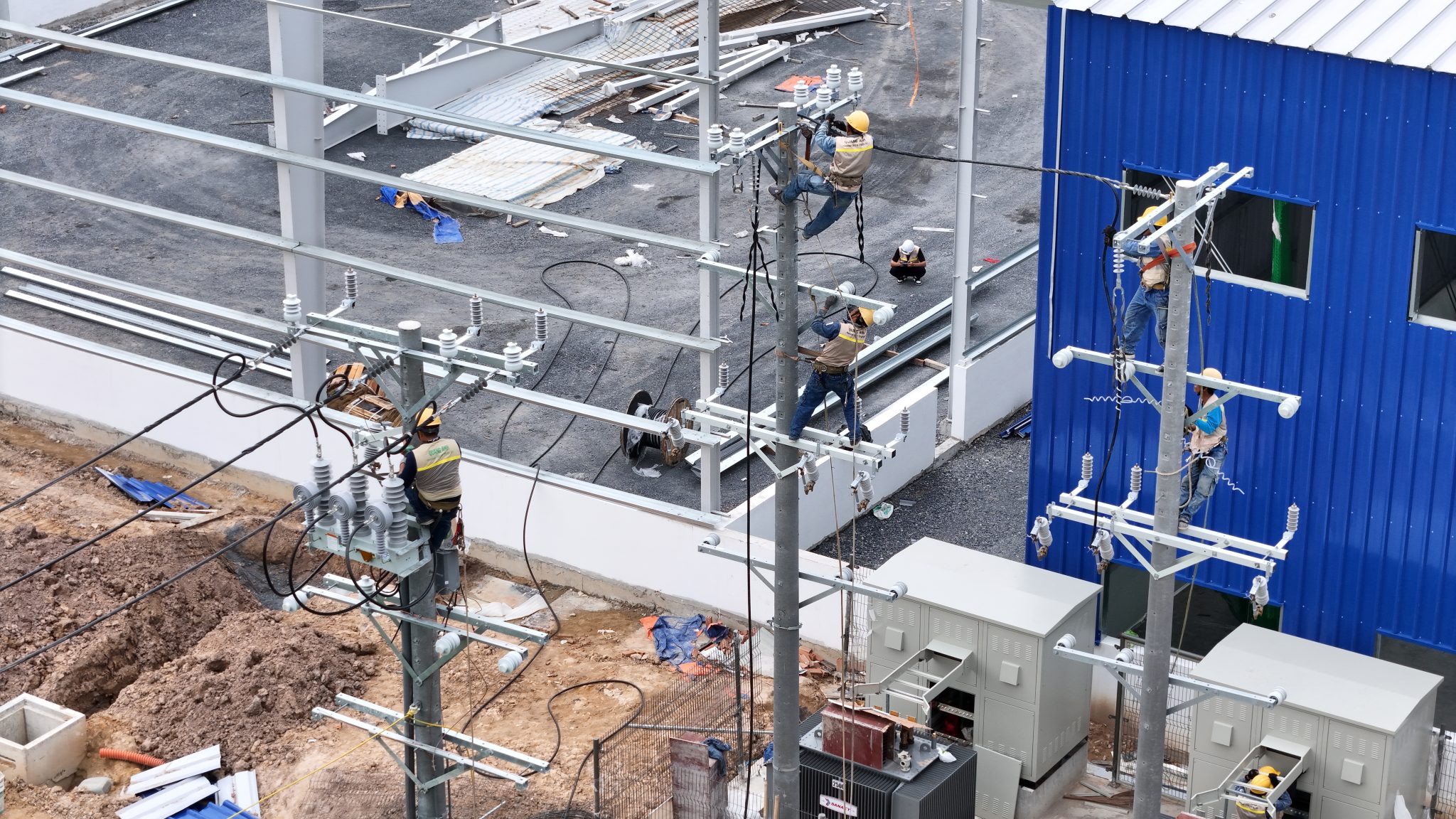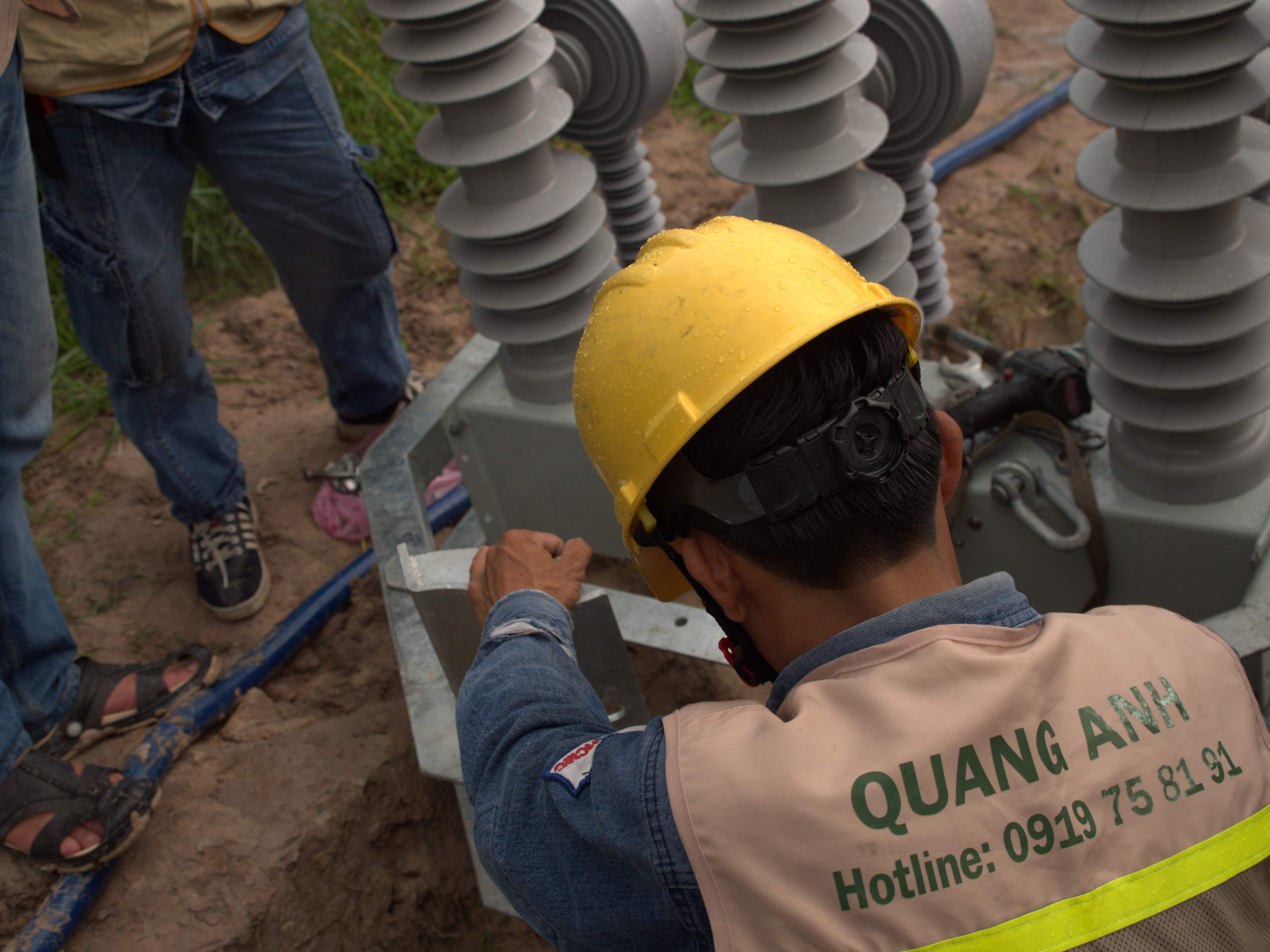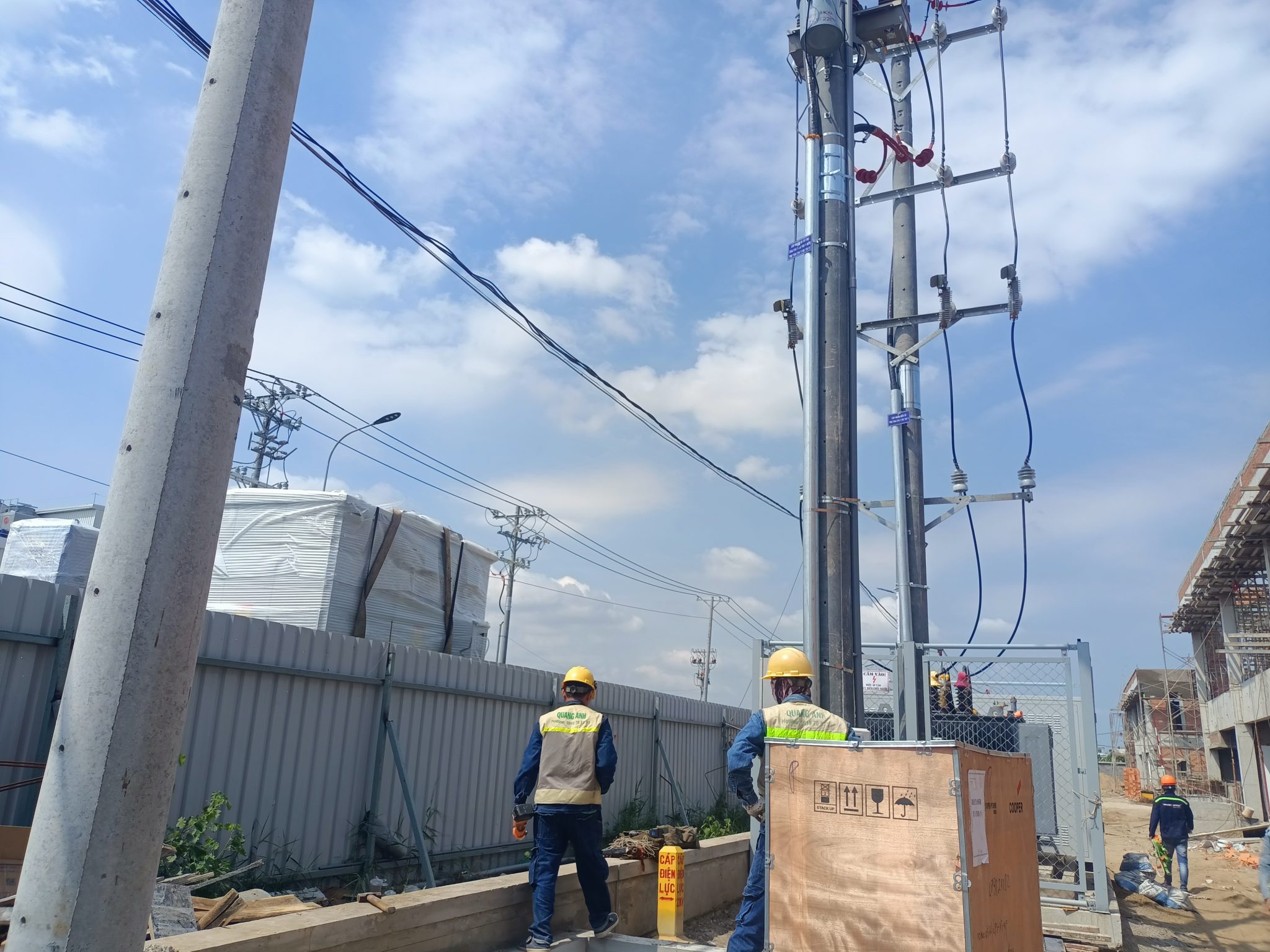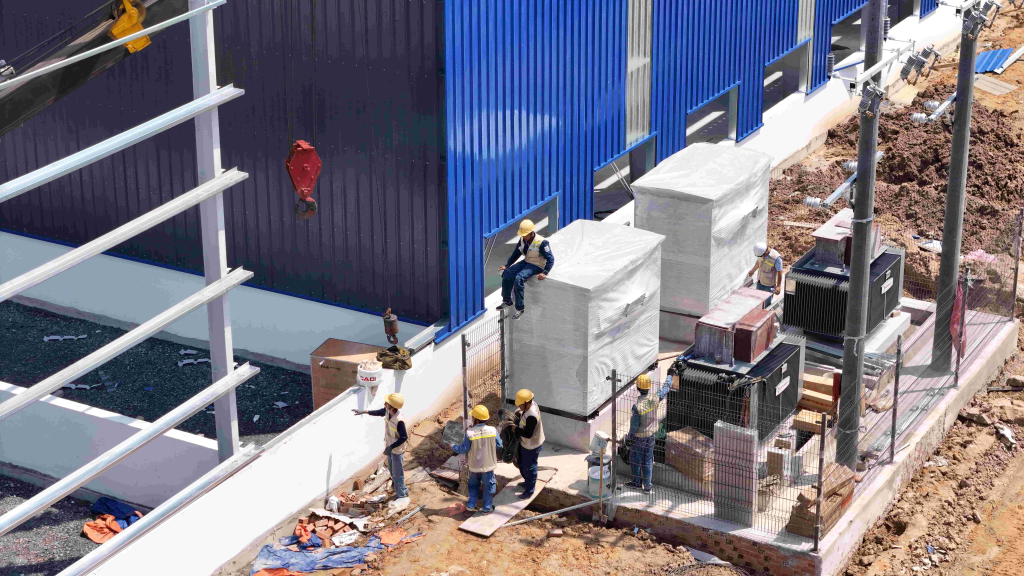News
Solar Power EPC Contractor: Responsibilities and Development Potential of the Project
The EPC contractor for solar power is responsible for everything from design to procurement, construction, and operation of solar energy projects, ensuring economic efficiency and quality.
Responsibilities and Role of the Solar Power EPC Contractor
The solar power EPC contractor plays a decisive role in the design, contracting, and construction of solar power projects. Each project begins with the solar power design phase, optimizing for performance and aesthetics. EPC project management requires experience and effective coordination to ensure schedule and quality. After the construction is completed, contractors often continue to provide operation and maintenance (O&M) services to maintain stable system operation.
Engineering Design
The EPC contractor holds a leading role in the solar power design phase. This work starts with a survey of the terrain and analysis of solar energy conditions at the installation site. From there, they prepare technical drawings and design the solar power system according to the specific requirements of the project and actual conditions. The main goal is to ensure optimal design for high performance and investment efficiency.
Procurement of Equipment and Materials
The procurement process is a crucial part of the EPC contractor’s work. They must search for and select reputable suppliers to purchase the necessary materials and equipment, including solar panels, inverters, and monitoring systems. Supply chain management also aims to ensure project quality, schedule, and cost control.
Construction
In this phase, the EPC contractor installs and constructs the system components, including panels, electrical equipment, and cable systems under strict supervision. Additionally, all work must comply with technical regulations and safety standards to ensure durability and optimal performance. The final step is testing and handing over the project to the investor.
EPC Project Management
The EPC contractor is fully responsible for the project’s schedule, quality, and efficiency. This includes risk management, quality control, and coordination among stakeholders. The ultimate goal is to ensure the solar power project is completed on time and meets technical standards.
Operation and Maintenance
Some EPC contractors provide support services for operating and maintaining the solar power system after handover to ensure stable operation and extend its lifespan.
Difference from Turnkey Contracts
Unlike turnkey contracts, EPC contracts focus on three main aspects: design, equipment supply, and project construction. This does not include investment project planning, marking a clear distinction of responsibilities and rights among project participants.

Factors Determining the Choice of EPC Contractors
Factors influencing the choice of solar power EPC contractors usually include extensive experience, service ecosystem, and industry reputation. Contractors need the ability to provide comprehensive solutions, from finance to technology, to meet the renewable energy project requirements. Particularly, the diversity in capability from small to large-scale projects is a plus for reputable EPC contractors.
Selecting an EPC contractor for renewable energy projects, such as solar power, demands careful consideration based on many key criteria. An EPC contract must have a clear scope of work, including items from design, procurement to construction. This helps EPC contractors manage projects effectively, ensuring technical criteria and good schedule control.
A vital factor is the professional EPC project management process. Contractors have a strict management system to control the project’s schedule, quality, and costs, meeting the investor’s requirements perfectly from design to acceptance.
Contractor experience is also a critical criterion. Practical experience from completed projects demonstrates competence and reduces risks for investors. Success from previous projects is evidence of capability to provide optimal solutions with proven quality over time.
The quality of EPC technology and the reliability of equipment are essential. This requires contractors to use advanced technology and reliable equipment from prominent brands like ABB, Mitsubishi, Schneider, etc., to ensure project efficiency and durability.
Moreover, contractors need effective integration and coordination among phases: from design, material supply, construction to subcontractor management. This ability optimizes costs and project completion time.
The capability to proactively design and construct provides significant flexibility for EPC contractors, saving time and increasing creativity during the project implementation.
Finally, selecting EPC contractors should align with the bidding criteria under legal regulations, ensuring compliance with technical standards, experience, and pre-established financial capability.

Trends and Technical Standards in Solar Power EPC Market
Current trends in solar power EPC contracting include applying technological innovations and high technical standards to enhance project efficiency. Contractors continuously innovate in solar power design and construction, utilizing advanced techniques and new management technologies. The shift to integrated services like O&M and financial solutions also marks an essential trend in the industry.
The solar power industry in Vietnam is witnessing a strong transition with the development of renewable energy as the central focus. Solar power EPC contractors are aiming for sustainable energy use to reduce supply-demand pressure, encouraging investment through the expansion of Power Plan VIII.
A noteworthy trend in the solar power EPC industry is the increase in scale and diversity of project types. Large projects like hundreds of MW solar farms and rooftop solar systems are becoming increasingly popular. Integrating diverse technologies, such as combining solar and wind power, also contributes to the efficiency of this system.
Besides, integrating energy storage systems (ESS) is indispensable, with the storage system ratio expected to exceed 30% by 2025. This not only stabilizes the grid but also minimizes peak shaving, improving operational reliability.
Digitization and smart solar power development are also playing crucial roles as virtual power plants and smart management technology help optimize operation and system connectivity. This is particularly important as renewable energy sources experience significant fluctuations.
Technical standards for solar power in the Vietnamese EPC market include:
-
Closed EPC process: Includes steps from engineering design, equipment supply, construction, acceptance to synchronous operation. Each step must ensure high progress and quality.
-
Design and construction: Must strictly adhere to regulations set by the Ministry of Industry and Trade and the national electricity plan.
-
Standard-compliant equipment: Solar panels, inverters, storage units, substations, and power lines must meet IEC or TCVN standards.
-
Operational and performance testing: The system must achieve committed power and be remotely monitored to ensure maximum performance.
-
Energy storage system integration: Safety, lifespan, and battery performance requirements need to be ensured for seamless coordination with the national grid.
-
Risk management: Optimizing to minimize environmental impact and labor safety protection is mandatory in all phases.

The solar power EPC contractor offers optimal benefits in terms of technology, investment, and strategy for businesses. With a range of integrated services and quality commitments, contractors are increasingly important in promoting sustainable development for the renewable energy sector.
Explore optimal energy solutions with QuangAnhcons. Contact via Hotline: +84 9 1975 8191 for consultation today.
QuangAnhcons specializes in providing EPC contractor services for solar power from design to operation, ensuring high quality and efficiency for customer projects.

 Tiếng Việt
Tiếng Việt 简体中文
简体中文 Deutsch
Deutsch 日本語
日本語 한국어
한국어 ไทย
ไทย Русский
Русский Français
Français
